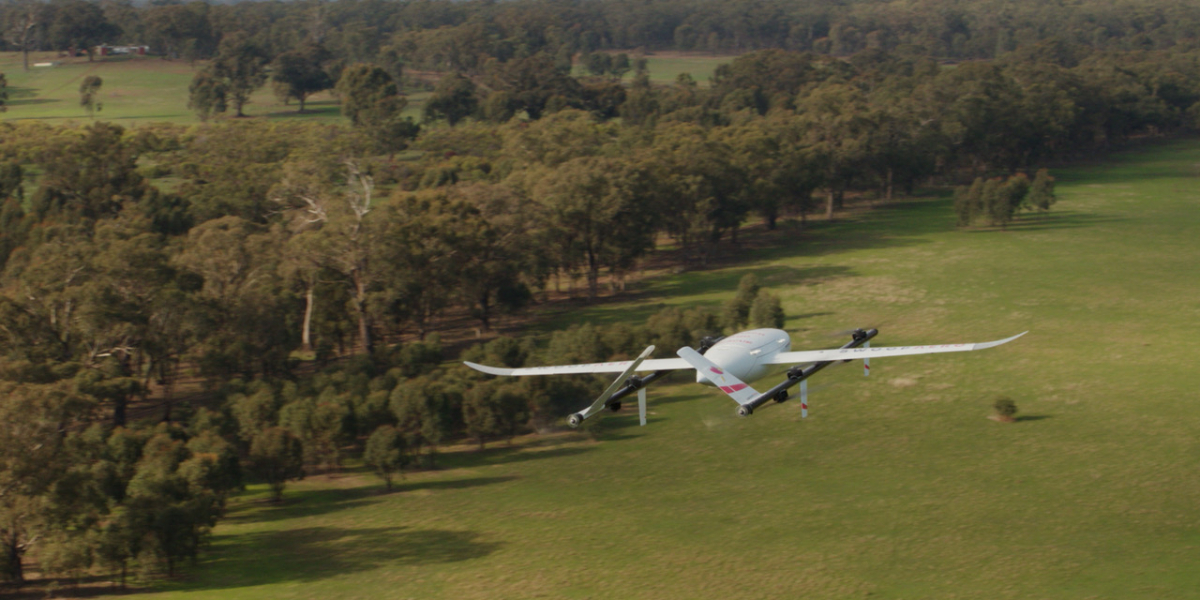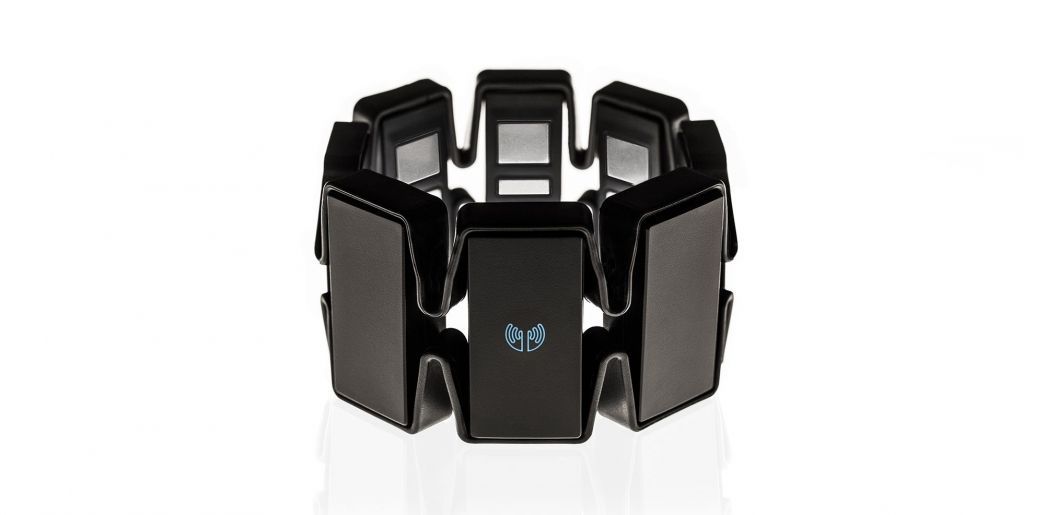AWARD YEAR
2023
CATEGORY
Work
GOALS
Good Health & Well-being, Decent Work & Economic Growth, Industry, Innovation & Infrastructure
KEYWORDS
Innovation, drones, aviation, Impact, health
COUNTRY
Australia
DESIGNED BY
Swoop Aero is the designer and the intellectual property holder of Kite™ aircraft
WEBSITE
https://swoop.aero/
Kite™
Kite™ is Swoop Aero’s most advanced aircraft to date and is the centrepiece of Swoop Aero’s platform
How does it work?
The Kite™ is a fixed-wing, electric Vertical Take-Off and Landing (eVTOL) drone, meaning that it is powered by batteries and takes off and lands vertically like a helicopter, before transitioning to forward flight once it reaches the required altitude. This means that the aircraft can be operated from confined areas instead of requiring a runway or other fixed infrastructure. The Kite ™ is powered by electric Lithium Ion + LiPo hybrid batteries, meaning that the solution can be established and scaled up anywhere in the world due to its capability to operate off-grid and charge through solar panel technology with minimal infrastructure requirements.
Why is it needed?
At present, more than half of the global population lack access to basic healthcare. Kite™ builds on Swoop Aero’s demonstrated and proven exemplary record across the world to bridge the gap in access to healthcare for last-mile communities, including in nations such as Malawi, DR Congo, Mozambique, Vanuatu, Australia and New Zealand. The solution has been deemed a ‘life-saving” technology platform to improve the availability and accessibility of routine and emergency health supplies, such as emergency blood supplies, oxytocin, anti-rabies vaccines, COVID-19 tests, samples and vaccines as well as prescription medication, as well as reduce critical journey and turnaround times for essential pathology samples through augmentation of land and water transport to increase supply chain efficiency through resilient, responsive and flexible delivery, which circumvents physical and infrastructural barriers, rationalise vehicle use and transport management to save time and resources.
How does it improve life?
The KIte ™ improves life in three primary areas, health, socio-economic and environmental. These improvements can be detailed as follows:
Health Impacts
Improvements to the quality and quantity of essential healthcare products held by a facility; the integration of bi-directional drones reduces immediate inconveniences, such as stockouts, expiration of products and time delays to receive essential medication
Improvements in operational efficiencies at the first, middle and last miles of the health supply chain to reduce critical journey times
Improvements to the speed, reliability, and sustainability of essential healthcare products and testing
Improvements to labour productivity and provision of care given by healthcare professionals; healthcare professionals can focus on provision of care rather than procurement of products
Social Impacts
Improved skill set and resource productivity as a result of training and up-skilling of local workforces to run daily operations.






